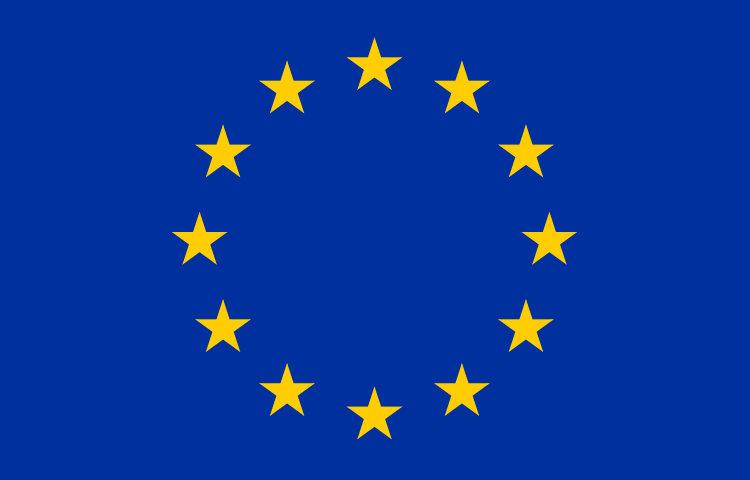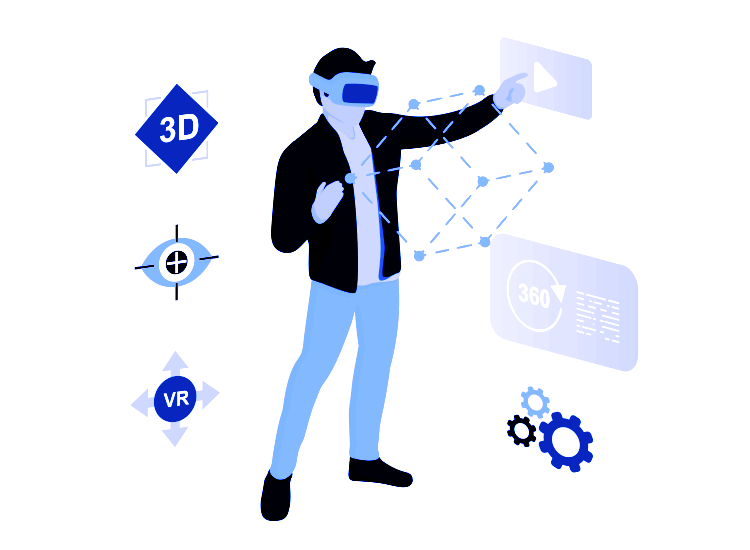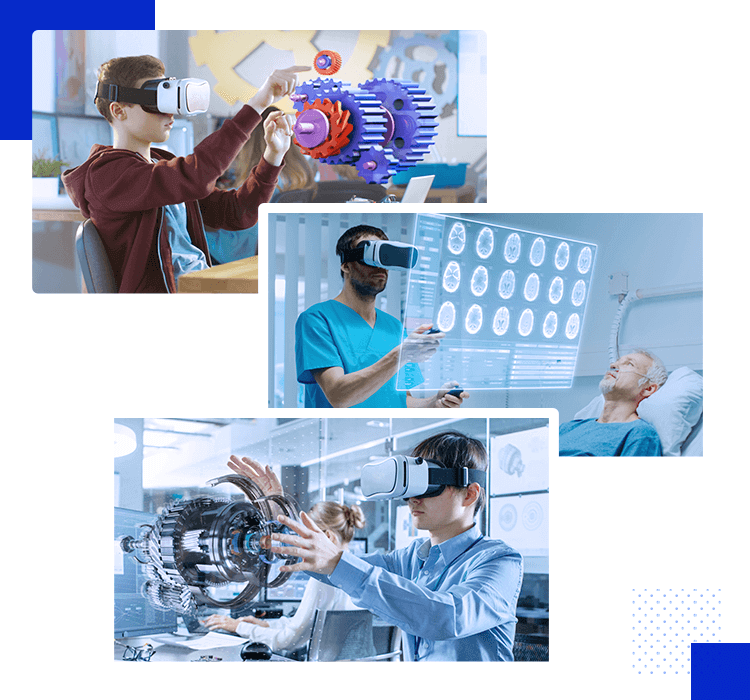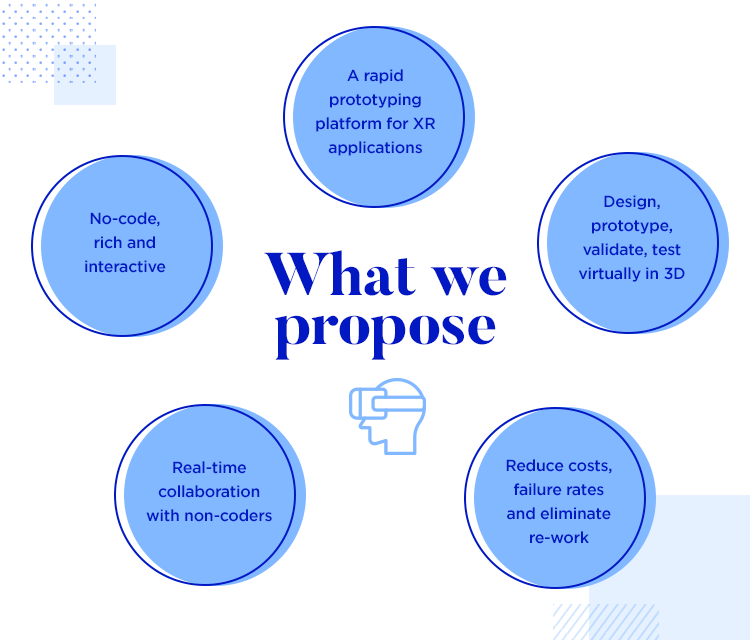UI Design for VR and AR projects with EU Horizon 2020

Horizon 2020 is the biggest EU Research & Innovation programme, supporting novel ideas which have the potential to have a huge impact, with nearly €80bn funding available between 2014-2020. The First Code-Free Rapid Prototyping Platform for eXtended Reality (VR/AR/MR) and Spatial Computing (Justinmind XR) has received funding from the European Union’s Horizon 2020 research and innovation programme under grant agreement No 873537. Justinmind XR started in August 2019 and the project is proceeding according to plan.
We don’t live and operate in a 2D world, like on a flat screen. We are 3D beings. We carry out activities every day in 3D and we think about concepts in 3D. That’s why, at Justinmind, it’s our intention to step up to the plate and pioneer the first Spatial Computing Software Applications design platform.
It’s our mission to overcome outdated conventions like point and click interfaces. Instead, we want to deliver a more natural and intuitive way to design and create experiences in immersive 3D environments. Yes, we’re talking about the environments of eXtended Reality (XR), which includes Virtual, Augmented and Mixed Reality (VR, AR, MR).

Our multi-faceted, cutting edge approach has the goal of improving many sectors of the economy. It should help speed up the development of EdTech applications for the classroom. In turn, it would also have profound benefits for the healthcare sector, speeding up the development of eHealth apps and Assistive technologies, as well as XR applications for the treatment of mental health disorders, and AR/VR applications for surgery.
In addition to these advances in healthcare and education, our goal is that it will also accelerate the development of Human-Robot Interaction Interfaces, industry 4.0 manufacturing technologies, Cyber-Physical Systems, Real-Time collaboration platforms, Aerospace simulators, XR Data visualization, e-Government and many more applications of the future.

The field of XR application development still faces many challenges. Many projects take a long time to get off the ground and often experience high failure rates due to a lack of standardization. This is because XR technology is a relatively new area that is in a constant state of flux and lacks a single unifying platform or methodology.
The reason for this is the proliferation of a myriad of SDKs with different feature sets that are mutually incompatible with each other. To further compound the issue, they often have a very steep learning curve, requiring advanced technical knowledge (detailed software and hardware expertise) to carry out a project. They also tend to have a ‘developer-only’, code-intensive approach that excludes cross-sector collaboration with professionals and customers from other fields, such as Arts & Humanities and Business, as well as end users without coding experience.

Our Horizon 2020 Research & Innovation grant, along with our team’s 100+ years of collective experience, will help us to deliver to the market an unprecedented software that lets professionals from all backgrounds design and collaborate on the creation of XR applications for the betterment of society.